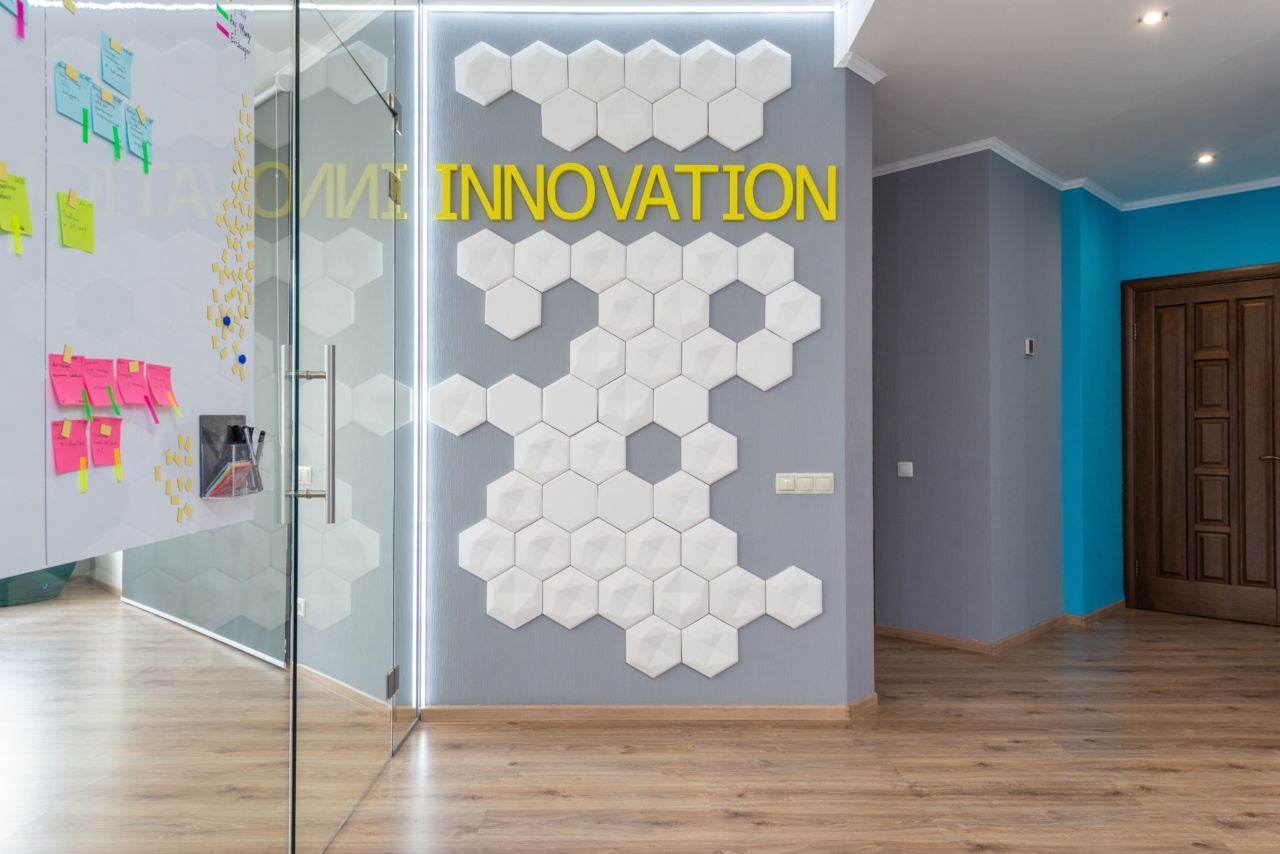The Innovations in Gastroenterology Conference is an annual event that brings together leading experts, researchers, and professionals in the field of gastroenterology to share the latest advancements, trends, and innovations.
This conference serves as a platform for networking, knowledge exchange, and collaboration among professionals in the gastroenterology community. With an ever-evolving field, the conference aims to showcase groundbreaking research and cutting-edge technologies that are revolutionizing the diagnosis, treatment, and management of gastroenterological conditions.
Unveiling New Diagnostic Techniques
One of the highlights of the Innovations in Gastroenterology Conference is the focus on new diagnostic techniques.
Advanced imaging technologies, such as high-definition endoscopy, confocal laser endomicroscopy, and virtual chromoendoscopy, have made it possible to detect and visualize abnormalities in the gastrointestinal tract with unprecedented clarity and accuracy. These innovations are revolutionizing the early detection and diagnosis of various gastroenterological conditions, including colorectal cancer, inflammatory bowel disease, and gastroesophageal reflux disease.
Advancements in Therapeutic Interventions
Gastroenterology has seen significant advancements in therapeutic interventions, and the conference aims to showcase these innovations.
From minimally invasive surgeries, such as laparoscopic and robotic-assisted procedures, to novel endoscopic interventions like endoscopic mucosal resection and endoscopic submucosal dissection, these techniques have revolutionized the treatment landscape for gastrointestinal conditions. The conference provides a platform for experts to discuss and demonstrate these cutting-edge interventions, leading to improved patient outcomes and quality of life.
Emerging Technologies and Artificial Intelligence
The field of gastroenterology is embracing emerging technologies, including artificial intelligence (AI), to enhance diagnosis, treatment, and patient care.
AI algorithms have shown promising results in accurately detecting and characterizing gastrointestinal lesions, such as polyps and early-stage cancers, from endoscopic images. Additionally, AI-enabled systems can assist gastroenterologists in real-time during endoscopic procedures, providing decision support and improving the overall quality of care.
The Innovations in Gastroenterology Conference provides a platform for experts to discuss the potential of AI and other emerging technologies in gastroenterology.
Breakthroughs in Drug Therapies
Advancements in drug therapies have transformed the management of various gastroenterological conditions.
The development of biologic agents, such as anti-TNF drugs, has revolutionized the treatment landscape for inflammatory bowel diseases like Crohn’s disease and ulcerative colitis. Moreover, novel medications targeting specific molecular pathways have shown promise in treating liver diseases, such as hepatitis C and non-alcoholic fatty liver disease.
The conference aims to shed light on these breakthroughs and facilitate discussions on the future of drug therapies in gastroenterology.
Integrating Precision Medicine in Gastroenterology
Precision medicine, a tailored approach to patient care based on individual characteristics, is gaining momentum in gastroenterology.
The conference explores the integration of genomics, proteomics, and other omics technologies to personalize diagnosis, treatment, and management strategies for gastrointestinal conditions. By understanding the unique genetic makeup of patients, gastroenterologists can identify targeted therapies and interventions that maximize efficacy while minimizing adverse effects.
The Innovations in Gastroenterology Conference offers a platform to discuss the latest discoveries and challenges in the field of precision medicine.
Advancing Endoscopic Imaging and Novel Biomarkers
Endoscopic imaging techniques have transformed gastroenterological diagnostics, allowing for detailed visualization of the gastrointestinal tract.
Innovations such as advanced endoscopic imaging modalities, including narrow-band imaging, autofluorescence imaging, and molecular imaging, have significantly improved the detection and characterization of lesions. In addition to imaging, novel biomarkers are being discovered for various gastrointestinal conditions, aiding in early diagnosis, prognosis, and treatment response prediction.
The conference features discussions and presentations on the latest advancements in endoscopic imaging and the identification of novel biomarkers.
Exploring Gut Microbiota and the Microbiome
The gut microbiota plays a crucial role in health and disease, influencing various aspects of gastrointestinal health.
The conference addresses the latest research and advancements in understanding the gut microbiota and its impact on gastrointestinal conditions. Experts present studies that explore the composition, diversity, and functional implications of the gut microbiome in diseases such as irritable bowel syndrome, colorectal cancer, and inflammatory bowel disease.
The conference encourages collaborations between researchers, aiming to unravel the complex relationship between the gut microbiota and gastrointestinal health.
Patient-Centric Care and Enhanced Patient Outcomes
The conference emphasizes the importance of patient-centric care in gastroenterology.
By considering patients’ preferences, values, and goals, healthcare professionals can ensure that treatment plans are tailored to individual needs, leading to enhanced patient outcomes. The conference highlights strategies and initiatives that promote patient-centered care, including shared decision-making, effective communication, and holistic approaches to management.
Through interactive sessions and case studies, attendees can gain insights into delivering high-quality care that meets the needs and expectations of patients.
Collaboration and Networking Opportunities
In addition to the scientific sessions, the Innovations in Gastroenterology Conference provides ample networking opportunities. Attendees can connect with experts, researchers, and industry professionals, fostering collaborations and partnerships.
The conference facilitates the exchange of ideas, experiences, and best practices, ultimately contributing to the growth and advancement of the field of gastroenterology. Networking sessions, poster presentations, and interactive workshops create an environment that encourages learning, innovation, and professional development.































